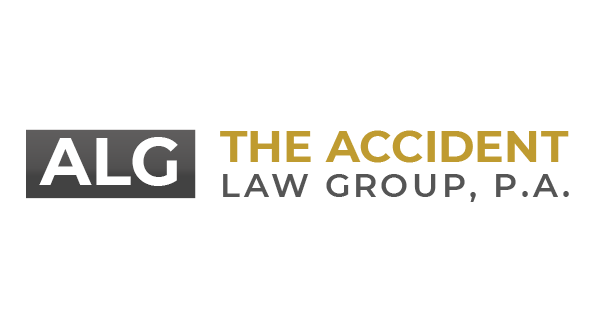In September 2019, the U.S. Court of Appeals for the Ninth Circuit decided a case involving the right interpretation of OSHA’s Respiratory Protection Standard. Florida employers may be interested to learn that the court ruled in favor of OSHA and against the owner of a marine vessel repair facility in Alaska who argued that it’s unnecessary to evaluate respiratory hazards until after it’s clear that respirators are needed.
The OSHA standard specifically requires that potentially harmful environments be evaluated before the employers decide for or against the use of respirators. This is the requirement that the court upheld; though, one could point out that it is confusing for the requirement to be under a section titled “Selection of Respirators.”
The case began in 2009 when OSHA inspectors declared that the facility’s superintendent had not adequately tested a ship’s void where welding was to take place. The superintendent tested the atmosphere with a “grab sample” but forgot to consider the danger that the welding fumes would present. Inspectors also found that the area suffered from improper ventilation.
Employers may want to double-check that they are doing all they can to comply with the OSHA standard. They should know when workers might be exposed to airborne contaminants and prepare for foreseeable risks like ventilation failure.
An employee who has been injured one the job may be entitled to compensation. Under workers’ compensation law, an employee can be covered for their medical expenses and a portion of the income they lost during their recovery. The workers’ comp program can pay out regardless of who was at fault, but employers do have the right to deny payment under some circumstances. To ensure a smooth filing process, an injured worker may want to retain a lawyer. A lawyer may assist with any appeals.



